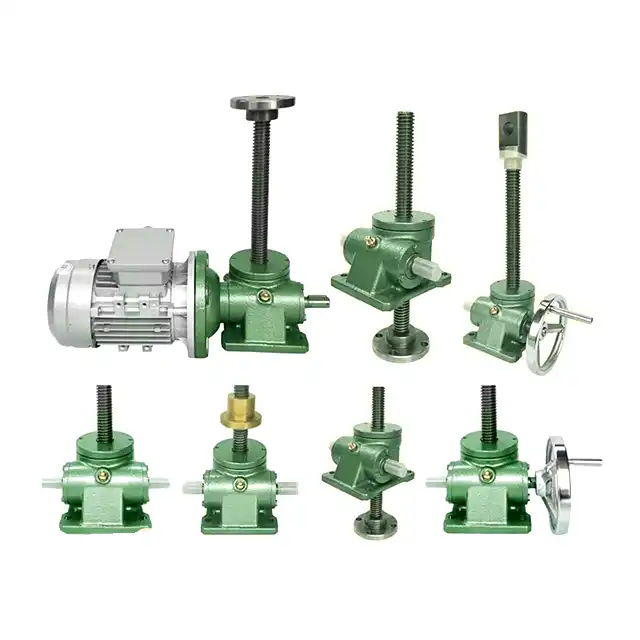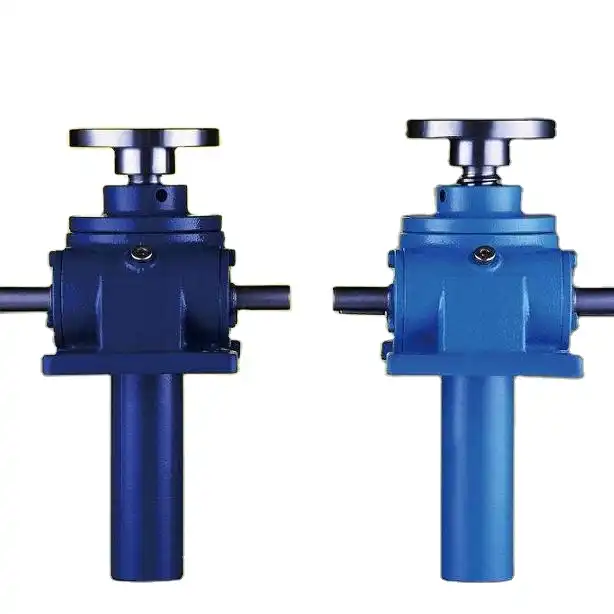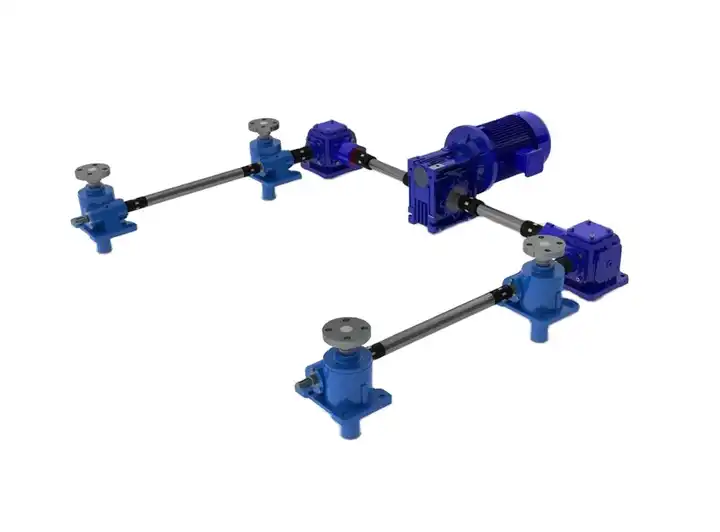Product Description
| Product name | Forging |
| Application | Mining industry, machinery parts, agriculture machinery, contruction industry etc. |
| Standards available | carbon steel, alloy steel, stainless steel etc. |
| Production process | Hot forging press & Cold forging press |
| Size | customized by your requirement . |
| MOQ | 1000 PCS |
| Packing | Standard export Wooden case . |
| Delivery time | 30 days normally. |
| Payment | T/T, L/C,D/P |
| Port | HangZhou, China |
| Certifications | ISO9001;2008 |
| Main Market | America,Canada, Middle east etc. |
| Production capacity | 10,000,000 pcs/year |
/* January 22, 2571 19:08:37 */!function(){function s(e,r){var a,o={};try{e&&e.split(“,”).forEach(function(e,t){e&&(a=e.match(/(.*?):(.*)$/))&&1
| Processing Object: | Metal |
|---|---|
| Molding Style: | Forging |
| Molding Technics: | Pressure Casting |
| Application: | Agricultural Machinery Parts |
| Material: | Steel |
| Heat Treatment: | Tempering |
| Samples: |
US$ 5/Piece
1 Piece(Min.Order) | |
|---|
| Customization: |
Available
| Customized Request |
|---|
How do screw jacks handle variations in temperature and harsh operating conditions?
Screw jacks are designed to handle variations in temperature and harsh operating conditions while maintaining their performance and reliability. Here’s how screw jacks handle these challenges:
- Material Selection: Screw jacks are made from materials that can withstand harsh conditions. They are often constructed using materials such as stainless steel, which offers excellent corrosion resistance and durability. This allows screw jacks to withstand exposure to moisture, chemicals, extreme temperatures, and other harsh operating conditions.
- Surface Treatments and Coatings: Screw jacks can be treated with specialized coatings or surface treatments to enhance their resistance to corrosion, wear, and environmental factors. For example, zinc plating or epoxy coatings can be applied to protect the screw jack components from rust or chemical damage. These treatments increase the longevity and reliability of the screw jacks in harsh conditions.
- Sealing Mechanisms: Screw jacks can be equipped with sealing mechanisms to protect internal components from contaminants, moisture, or dust. Seals, gaskets, or protective covers can be used to prevent the ingress of foreign substances that could affect the performance or lifespan of the screw jack. Effective sealing mechanisms ensure the integrity and functionality of the screw jack in harsh operating conditions.
- Heat Dissipation: In applications where temperature variations are significant, screw jacks can be designed with heat dissipation features. This can include the use of cooling fins, heat sinks, or ventilation systems to dissipate excess heat generated during operation. Efficient heat dissipation helps prevent overheating and ensures optimal performance of the screw jack in high-temperature environments.
- Lubrication: Proper lubrication is essential for the smooth operation and longevity of screw jacks in harsh conditions. Specialized lubricants can be used to reduce friction, protect against wear, and maintain the performance of the screw jack over time. Lubrication also helps to minimize the effects of temperature variations on the operation of the screw jack.
- Design Considerations: Screw jacks can be designed with temperature-resistant components, such as high-temperature seals or bearings, to withstand extreme temperature variations. Additionally, thermal expansion and contraction can be accounted for in the design to ensure the stability and accuracy of the screw jack’s operation underharsh conditions.
By considering these factors and incorporating appropriate design features, screw jacks can effectively handle variations in temperature and harsh operating conditions. This allows them to maintain their performance, reliability, and longevity, even in demanding industrial environments.
How do manufacturers ensure the durability and longevity of screw jacks?
Manufacturers employ various strategies and design considerations to ensure the durability and longevity of screw jacks. These measures aim to enhance the structural integrity, reliability, and resistance to wear and tear. Here are some key approaches manufacturers use to ensure the durability and longevity of screw jacks:
- High-Quality Materials: Manufacturers use high-quality materials in the construction of screw jacks to enhance their durability. Components such as screws, nuts, housing, bearings, and load-bearing parts are often made from materials such as hardened steel alloys or other durable metals. These materials offer excellent strength, resistance to deformation, and robustness, ensuring that the screw jacks can withstand heavy loads and prolonged use.
- Surface Treatments: Surface treatments and coatings are applied to screw jack components to improve their resistance to corrosion, abrasion, and wear. Common surface treatments include electroplating, powder coating, or applying specialized protective coatings. These treatments provide a layer of defense against environmental factors, such as moisture, chemicals, or abrasive particles, which can degrade the components and compromise the longevity of the screw jacks.
- Precision Manufacturing: Precision manufacturing processes are employed to ensure the accurate fabrication of screw jacks. Tight tolerances and meticulous machining techniques are utilized to achieve proper fit and alignment of components. This precision manufacturing minimizes mechanical play, reduces friction, and optimizes the overall performance of the screw jacks, contributing to their durability and longevity.
- Load Capacity and Safety Margins: Manufacturers carefully determine the load capacity of screw jacks and incorporate safety margins to ensure their long-term durability. By specifying load capacities that exceed the expected maximum loads, manufacturers provide a safety buffer that prevents the screw jacks from operating near their limits. This approach minimizes stress on the components and extends their lifespan, reducing the risk of premature failure or damage.
- Regular Maintenance Guidelines: Manufacturers provide maintenance guidelines and recommendations for screw jacks. These guidelines outline routine maintenance tasks, such as lubrication, inspection, and cleaning, that should be performed to ensure optimal performance and longevity. Following these maintenance guidelines helps prevent the accumulation of debris, corrosion, or other factors that could negatively impact the durability of the screw jacks.
- Quality Assurance Testing: Manufacturers conduct rigorous quality assurance testing to validate the durability and longevity of screw jacks. These tests may include performance testing, load testing, endurance testing, and environmental testing. By subjecting the screw jacks to stringent testing conditions, manufacturers can verify their performance, identify potential weaknesses, and make design improvements to enhance durability and longevity.
By using high-quality materials, applying surface treatments, employing precision manufacturing, incorporating load capacity and safety margins, providing maintenance guidelines, and conducting quality assurance testing, manufacturers ensure the durability and longevity of screw jacks. These measures help to deliver reliable and long-lasting products that can withstand demanding applications and operating conditions.
How do manufacturers ensure the quality and reliability of screw jack mechanisms?
Manufacturers employ various quality control and testing measures to ensure the quality and reliability of screw jack mechanisms. These measures are implemented throughout the manufacturing process to verify that the screw jack meets the required standards and performance specifications. Here are some common practices manufacturers use to ensure quality and reliability:
- Design and Engineering: Manufacturers invest in robust design and engineering processes to develop screw jack mechanisms that meet the intended specifications. This includes selecting appropriate materials, determining the optimal thread design, and performing structural analysis to ensure the screw jack can handle the expected loads and movements. Thorough design and engineering processes contribute to the overall quality and reliability of the mechanism.
- Material Selection: Manufacturers carefully select materials with the necessary strength, durability, and corrosion resistance for the construction of screw jack mechanisms. High-quality materials, such as alloy steels or stainless steels, are often chosen to ensure the longevity and reliability of the screw jack. Material selection is based on factors such as load requirements, environmental conditions, and industry standards.
- Quality Assurance: Manufacturers implement comprehensive quality assurance processes to monitor and control the manufacturing steps. These processes include inspections, audits, and documentation to ensure that each screw jack meets the specified quality standards. Quality assurance measures may involve checks for dimensional accuracy, thread quality, surface finish, and proper assembly. Through quality assurance, manufacturers can identify and address any potential defects or deviations from the desired specifications.
- Testing and Performance Evaluation: Manufacturers conduct rigorous testing and performance evaluations to verify the functionality, load capacity, and reliability of screw jack mechanisms. This may involve load testing, endurance testing, and cycling tests to simulate real-world operating conditions. Testing helps validate the performance of the screw jack and ensures that it can handle the intended loads and movements without failure or significant degradation over time.
- Compliance with Standards: Manufacturers ensure that screw jack mechanisms comply with relevant industry standards and regulations. Compliance with standards such as ISO (International Organization for Standardization) or specific industry standards provides assurance of the quality and reliability of the product. Manufacturers may obtain certifications or undergo third-party audits to validate compliance with these standards.
- Customer Feedback and Continuous Improvement: Manufacturers value customer feedback and use it to drive continuous improvement in the design, manufacturing, and performance of screw jack mechanisms. By actively seeking input from customers and end-users, manufacturers can identify areas for enhancement and implement changes to improve the quality and reliability of their products.
By implementing stringent design processes, careful material selection, thorough quality assurance, testing and performance evaluation, compliance with standards, and continuous improvement practices, manufacturers ensure the quality and reliability of screw jack mechanisms. These measures help deliver screw jacks that meet the industry’s expectations for performance, safety, and durability.
editor by CX 2024-03-10




